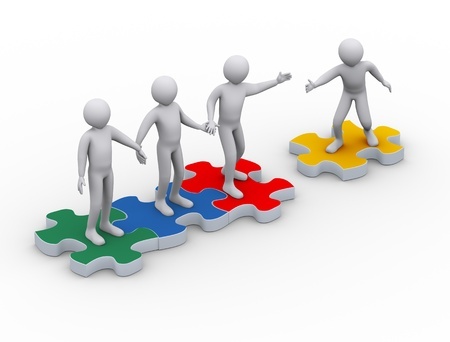Today, my post is about Mental Health and Coping with the Stigma. You are not your disorder. You should not feel ashamed or ostracized. You should not be treated unfairly or with discrimination.
You are a survivor and living life with an illness that can debilitate some and make others even stronger. It's all up to you.
“The mentally ill frighten and embarrass us. And so we marginalize the people who need or acceptance. What mental health needs is more sunlight, more candor, more unashamed conversation.” – Glenn Close
I received my diagnosed for Bipolar Disorder in 2003. Frightened, confused, and full of questions, I turned to some close friends. One of those friends no longer speaks to me. Was it prejudice? Discrimination? Stigma? I’d say a resounding “yes” to all three. Was it a weakness on her part, as well? I think so. Although, I can’t speak for her, and she won’t speak for herself, I can only assume that she didn’t understand the disorder enough to become comfortable with still maintaining a friendship.
So, what is stigma? At its basic, it’s when someone views you in a negative way that leads to discrimination. This discrimination can be direct such as a person making a derogatory remark about you or your mental illness or indirect when they avoid you altogether, such as what my friend did to me. Stigma can be broken into two defining factors: Social stigma and Self-stigma. Social stigma is the discrimination we receive from society; Self-stigma is judgment we shackle upon ourselves.
Stigma can lead to harmful effects on your life that can include you not wanting to seek help or treatment. You make find that your family, friends or co-workers lack the understanding necessary about your illness. You might find fewer opportunities for work, school, or social activities, or find it difficult to locate housing. Sometimes things might turn physical and violence, harassment or bullying can occur. Stigma can even affect your health insurance by not sufficiently covering your mental illness treatments. You may even believe that you’ll never succeed or improve your position. Social stigma can overwhelm even the strongest person at times, while Self-stigma can devastate a person sometimes beyond repair.
We have a hard fight against stigma we have no control of such as the misrepresentation of mental disorders in the media and the entertainment world. Negative betrayals of individuals with mental disorders are common and increasing along with misinformation about symptoms, causes and treatments.
It seems the world of psychiatry is also attempting to stop stigma with their own three-fold approach of: protest, education and contact. They are asking the media to stop reporting inaccurate representations of mental illness. They are asking the public to stop believing the negative views about mental illness. They’re educating by providing information via various programs and using contact to initiate meetings between the general public and those with mental illness who are able to hold down a job and be a productive member of society.
However, with help, support, and the right attitude, you can overcome stigma, dealing with it in a positive manner.
Make sure you receive the proper treatment. Don’t let stigma create self-doubt and shame in your life. Remember, stigma doesn’t just come from others; there is self-stigma as well. Reach out to your family, friends and community for assistance and support, compassion and understanding.
You are not your illness. Do not say, “I am Bipolar.” Use these words instead, “I have Bipolar Disorder.” If you are able, join a support group in your area. They are a wealth of information and support.
And, best of all, speak out against stigma. Use facts and other information that are relevant to mental illness and mental health.
“Don’t be ashamed of your story. It will inspire others.” – anonymous.

